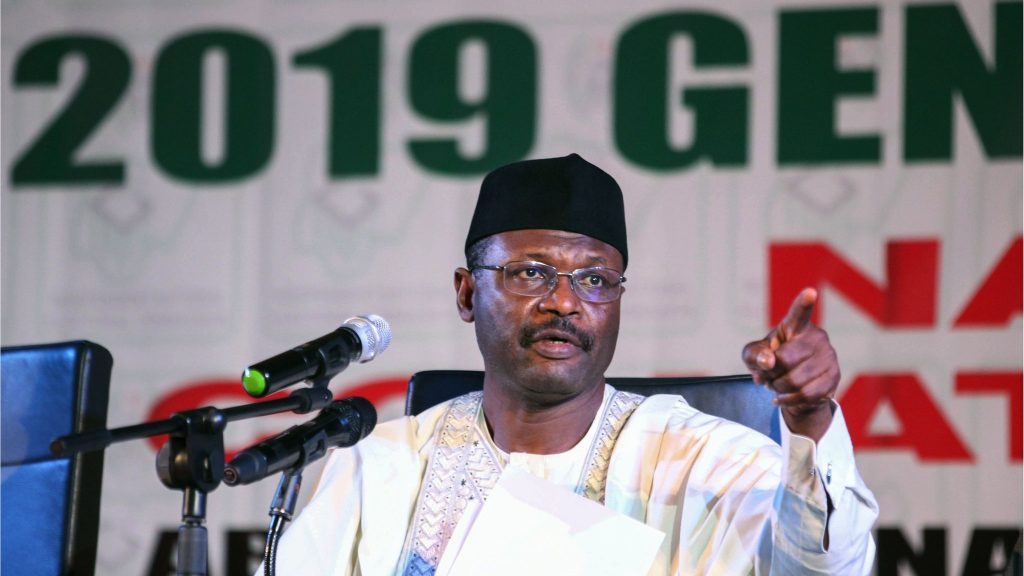Nigeria’s Independent National Electoral Commission (INEC) has issued a stern warning to political parties engaging in early campaigning for the 2027 general elections, labeling such activities as breaches of the country’s Electoral Act. The advisory follows reports of unauthorized campaign materials, including posters, surfacing nationwide ahead of the officially sanctioned period.
Rotimi Oyekanmi, Chief Press Secretary to the INEC Chairman, emphasized in a statement from Abuja that the electoral body has not yet released a timetable for the 2027 polls. He underscored that open campaigns are legally permitted only 150 days before election day and must cease 24 hours prior to voting. Political parties, he noted, have not conducted primaries or officially nominated candidates, making premature outreach efforts both premature and unlawful.
Referencing Nigeria’s Electoral Act 2022, Oyekanmi highlighted Section 94(1), which strictly limits public campaigning to the 150-day window, and Section 95(1), requiring parties and candidates to adhere to regulations set by INEC. While affirming citizens’ rights to political discourse, he clarified that organized canvassing or explicit electoral appeals before the approved period constitute violations. The commission reiterated this during its most recent quarterly meeting with political stakeholders, urging parties to align with legal frameworks to ensure orderly election preparations.
The statement did not specify penalties for noncompliance but stressed INEC’s commitment to enforcing electoral guidelines. Analysts observe that early campaigning, though historically common in Nigeria’s charged political climate, risks skewing public discourse and straining resources meant for regulated processes. With the next general election nearly three years away, the reminder underscores INEC’s bid to curb practices that could undermine the integrity of future polls.
This proactive stance aligns with recent efforts to enhance transparency in Nigeria’s electoral system, including technological upgrades and stricter enforcement of campaign finance rules. The commission’s focus on adherence to timelines reflects broader regional trends, as West African nations grapple with balancing political freedoms against the need for structured democratic processes. As discussions unfold, the spotlight remains on how parties will navigate these boundaries amid rising public anticipation for the 2027 contests.
